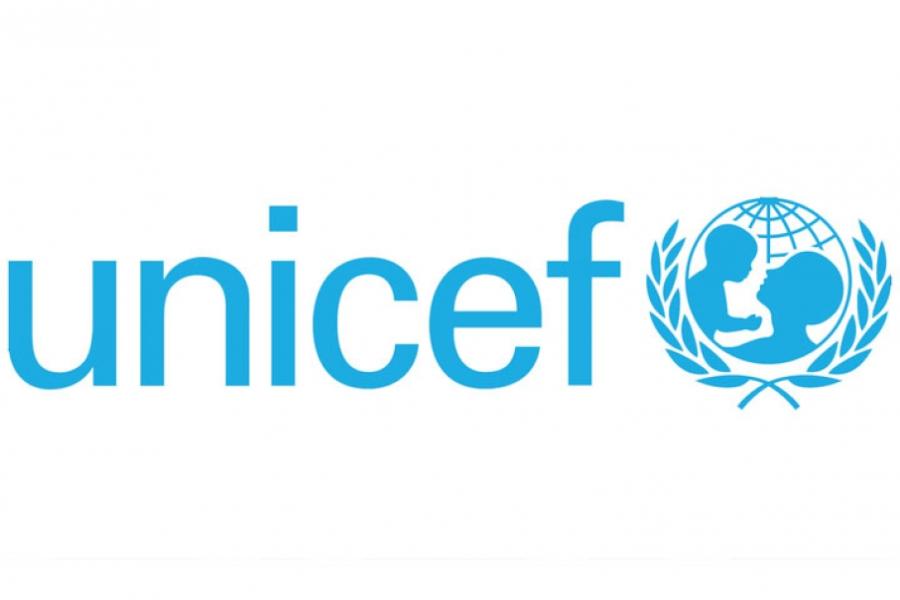UNICEF report: Investment in data on children is essential to changing their lives
07 March 2018
- A new global report by UNICEF reveals that an early assessment of progress toward achieving the Sustainable Development Goals (SDGs) has shown an alarming lack of data in 64 countries, as well as insufficient progress toward the SDGs for another 37 countries where the data can be tracked.

The UNICEF report, Progress for Children in the SDG Era, is the first thematic report assessing performance toward achieving global development goals which impact on children’s rights and well-being. It tracks progress on five dimensions of children’s rights: good health, learning, protection from violence and exploitation, safe and clean environment, and a fair chance to succeed in life.
Where sufficient data is available, the scale of the challenge posed by the SDG targets remains daunting. The report warns that 650 million children live in countries where at least two-thirds of the SDGs are out of reach without accelerated progress. In fact, in those countries, even more children could face worse outcomes in life by 2030 than now.
“Azerbaijan has made a strong commitment to achieving the goals of the Sustainable Development Agenda, and delivering on that commitment will require continued investment in robust collection, analysis and use of data on the situation of children,” said UNICEF Representative in Azerbaijan Edward Carwardine.
“UNICEF’s new global report highlights the challenges to monitoring progress that are caused by data deficiency – those are challenges we all want to avoid in Azerbaijan,” said Carwardine.
“UNICEF will continue to support government efforts on data collection and analysis, including a planned Multiple Indicator Cluster Survey that will generate data on over 30 key indicators on the well-being of children and women and contribute to strengthened policies and programmes for every child in the country.”
Progress for Children in the SDG Era calls for renewed efforts to address the global data-deficiency, while recognizing that developing strong national data institutions and capacity takes time and investment. The report identifies three principles to underpin this work:
- Building strong measurement into service delivery systems, whether in health or education, social services or border control;
- Systematic and coordinated efforts to ensure all countries have minimum data coverage for children, irrespective of their resources and capabilities;
- Establishing stronger shared norms on data concerning children, including common approaches to measuring emerging threats facing children, capturing missing child populations, and sharing data to enable vulnerable children to be more effectively identified, while protecting children’s privacy.
UNICEF and the Government of Azerbaijan are committed to these principles, and will make effective collection and use of disaggregated children, especially in relation to vulnerable and at-risk children, a central part of their ongoing collaboration.


